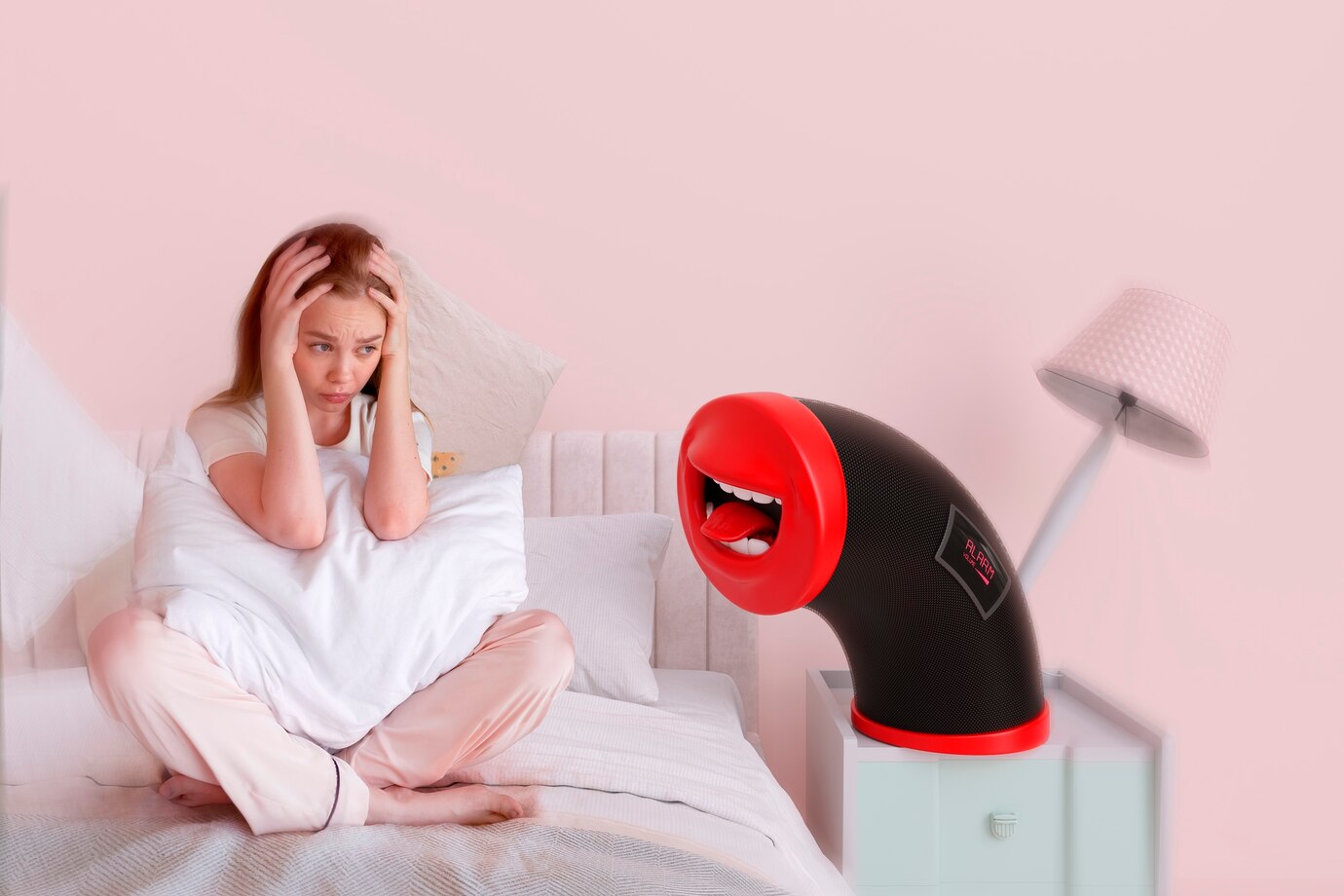Quality sleep is essential for overall health, and the sounds in your environment play a significant role in how well you rest. While some noises can disrupt sleep and leave you feeling groggy, others can enhance relaxation and improve sleep quality. Understanding how noise affects your sleep can help you create an environment conducive to restful nights.
Thank you for reading this post, don't forget to subscribe!The Science Behind Noise and Sleep
Sleep is a complex process involving multiple stages, from light sleep to deep sleep and REM (rapid eye movement) sleep. Noise can interfere with this cycle by causing frequent awakenings, reducing sleep efficiency, and preventing you from reaching restorative sleep stages.
Studies show that even low-level noise exposure can increase stress hormones like cortisol, making it harder to fall and stay asleep. On the other hand, certain sounds can promote relaxation by masking disruptive noises and lowering heart rate and blood pressure.
Worst Sounds for Sleep Disruptions
1. Traffic and City Noise
Urban dwellers often struggle with sleep disturbances due to car horns, sirens, and construction noise. These sudden, jarring sounds can trigger micro-awakenings, even if you don’t fully wake up.
2. Household Noises
Common indoor sounds like a dripping faucet, a barking dog, or a noisy appliance can fragment sleep, leading to restlessness and daytime fatigue.
3. Loud Music and TV
Exposure to loud, dynamic sounds from television or music before bedtime can overstimulate the brain, making it harder to unwind and transition into sleep.
4. Snoring and Sleep Talking
A partner’s snoring or sleep talking can be disruptive, especially if it fluctuates in volume or occurs irregularly. This is one of the leading causes of sleep disturbances for couples.
5. Sudden Noises
Unexpected sounds like a door slamming, a phone notification, or an alarm going off can abruptly pull you out of deep sleep, leaving you feeling groggy and disoriented.
Best Sounds for a Restful Night
1. White Noise
White noise is a consistent sound that masks sudden noise disturbances, helping create a stable auditory environment. It’s particularly beneficial for people living in noisy neighborhoods or sharing sleeping spaces.
2. Pink Noise
Unlike white noise, pink noise has lower frequencies, making it sound more natural and soothing. Studies suggest that pink noise can enhance deep sleep and improve memory consolidation.
3. Nature Sounds
Sounds like rainfall, ocean waves, rustling leaves, or a crackling fire can promote relaxation and reduce stress. These natural sounds mimic calming environments, helping to ease anxiety before bedtime.
4. Soft Instrumental Music
Classical music, ambient sounds, and slow-tempo instrumental tracks can aid relaxation and lower blood pressure, preparing your body for sleep.
5. Binaural Beats
Binaural beats involve two slightly different frequencies played in each ear, which the brain perceives as a single, calming tone. This can encourage relaxation and enhance sleep quality.
Tips for Optimizing Your Sleep Environment
1. Use a White Noise Machine or App
Investing in a white noise machine or using an app can help block out disruptive noises and create a more peaceful sleeping space.
2. Soundproof Your Bedroom
Consider adding thick curtains, carpets, and weather-stripping to reduce outside noise. Soundproofing can significantly enhance sleep quality, especially in noisy environments.
3. Wear Earplugs
If noise is unavoidable, wearing comfortable earplugs can help minimize disturbances and promote uninterrupted sleep.
4. Keep Electronic Devices on Silent Mode
Turn off notifications and put your phone on silent or “Do Not Disturb” mode to prevent sudden interruptions during the night.
5. Create a Relaxing Bedtime Routine
Listening to calming sounds, such as nature sounds or meditation music, can signal to your body that it’s time to sleep, improving sleep onset and duration.
Also read: How White Noise Can Help Your Baby Sleep
Noise plays a crucial role in sleep quality, and while some sounds can be disruptive, others can promote relaxation and deeper rest. By identifying and minimizing disruptive noises while incorporating soothing sounds, you can create an optimal sleep environment for better health and well-being. Prioritizing sound management in your sleep routine can lead to more restful nights and energized mornings.



